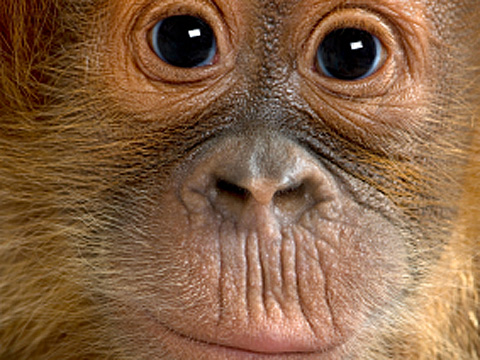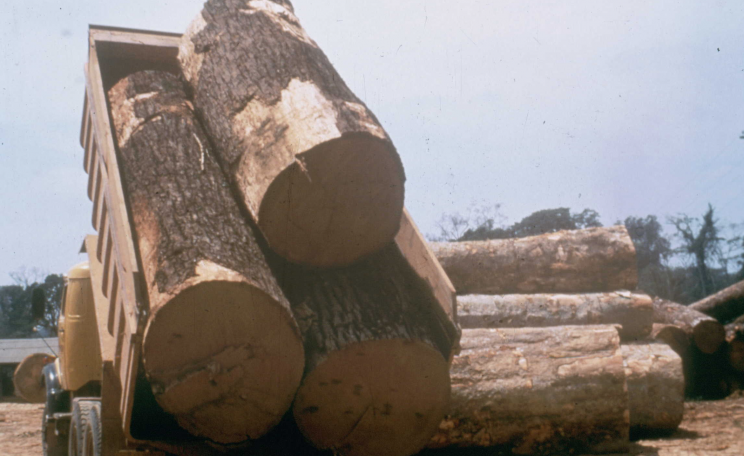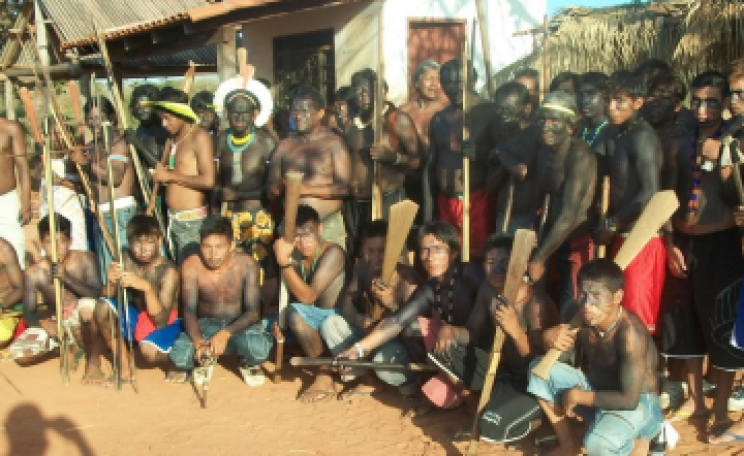Claims about climate change risks to the Amazon rainforest are backed by peer-reviewed science
Claims that a large proportion of the Amazon rainforest is vulnerable to forest fires from even small reductions in rainfall are not 'bogus' but are in fact a widely held scientific view.
The Sunday Times had published an article in January this year saying it was 'an unsubstantiated claim by green campaigners who had little scientific expertise'.
However, in a complaint settled by the Press Complaints Commission (PCC), the newspaper has now admitted the claims in a WWF report, used by the Intergovernmental Panel on Climate Change (IPCC) in its 2007 report, were supported by peer-reviewed scientific evidence.
The WWF report 'Global Review of Forest Fires' in 2000 warned of a vicious cycle where climate change, exacerbated by forest fires and deforestation was increasing the frequency of the El Nino phenomenon bringing drier weather and further increasing the risk of forest fires.
It said up to 40 per cent of the Amazon was 'extremely sensitive' to small reductions in the amount of rainfall. This was based on evidence from the Amazon Environmental Research Institute (IPAM) but not referenced as such in the report.
WWF admitted the error but said it had told The Sunday Times of the correct source before it published its 'bogus' article and said the claim was fully supported by peer-reviewed literature.
Research on the issue was published in Nature in 1994 and 1999. In 2004, another study went further and estimated that 50 per cent the forest area of the Amazon basin had either fallen below, or was very close to, the critical level of soil moisture below which trees begin to die.
Despite the retraction by The Sunday Times, the IPCC was criticised by scientists for citing the WWF report when it repeated the claims in its 2007 report, rather than the original peer-reviewed scientific research.
'Both [IPCC and WWF reports] are sloppy when there is no need to be. The claims made can all be substantiated with reference to solid peer-reviewed papers,' said Dr Simon Lewis, who was quoted in The Sunday Times article and elsewhere saying the IPCC should stop using reports from NGOs or any non-peer reviewed sources.
The PCC said full details on the case would be published on its website shortly.
| READ MORE... | |
 |
INVESTIGATION Why only the Amazonians can save the rainforest 'Saving the rainforest' has been a battle-cry of the environmental movement since its inception. But just what does that mean, how does it work, and who exactly does the 'saving'? |
 |
NEWS ANALYSIS Blackwashing: do NGO tactics risk long term public trust? Instead of making exaggerated claims about species becoming extinct, NGOs could make progress on issues like deforestation by collaborating more closely with companies, claims a new report |
 |
INTERVIEW UEA's Andrew Watkinson: we need to be much more open about how science works Former Director of the Tyndall Centre and a Professor at the University of East Anglia, Andrew Watkinson explains why 'a few loose sentences' in the IPCC report shouldn't change people's opinion of the science |








